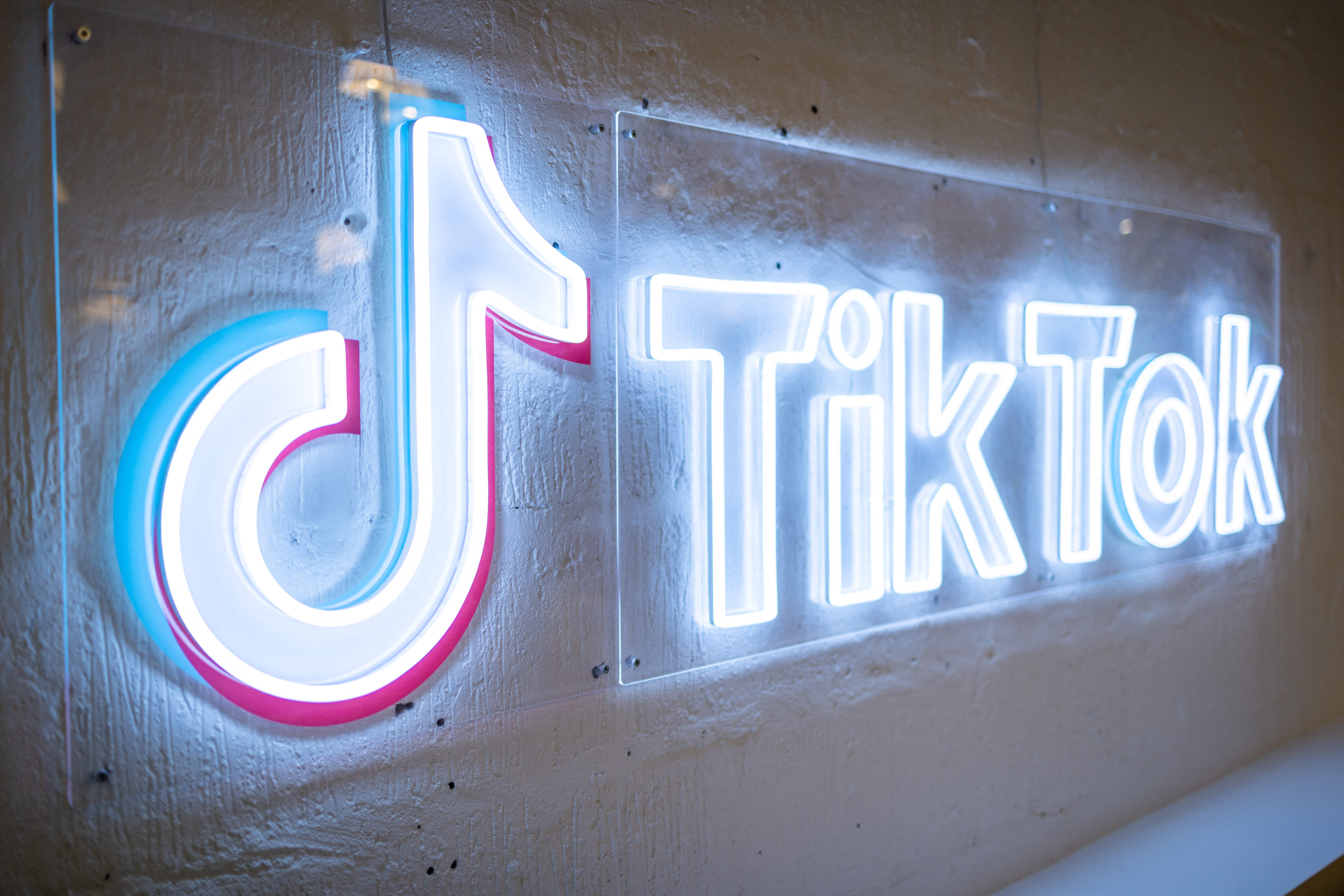TikTok staff speak out about toxic work culture and emphasis on ‘relentless productivity’
One US employee said pressure to attend back-to-back meetings left her with no time to change her sanitary protection

Your support helps us to tell the story
From reproductive rights to climate change to Big Tech, The Independent is on the ground when the story is developing. Whether it's investigating the financials of Elon Musk's pro-Trump PAC or producing our latest documentary, 'The A Word', which shines a light on the American women fighting for reproductive rights, we know how important it is to parse out the facts from the messaging.
At such a critical moment in US history, we need reporters on the ground. Your donation allows us to keep sending journalists to speak to both sides of the story.
The Independent is trusted by Americans across the entire political spectrum. And unlike many other quality news outlets, we choose not to lock Americans out of our reporting and analysis with paywalls. We believe quality journalism should be available to everyone, paid for by those who can afford it.
Your support makes all the difference.Staff at the social media network TikTok claim to be suffering burnout and severe mental distress due to its punishing workplace culture.
US workers have said the tech giant demands “relentless productivity and secrecy to a degree uncommon in the industry”, while one woman said she felt so pressured to attend back-to-back meetings that she did not have time to change her sanitary protection.
Exhausting hours and sleep deprivation are common amongst staff, while some employees said they averaged 85 hours of meetings per week.
TikTok’s US operations are based in Los Angeles, but staff told The Wall Street Journal that they were required to work weekends and attend virtual meetings with colleagues in China, where ByteDance, the Chinese company that owns it, is based.
Much of the work undertaken by the 1,500 US TikTok staff involves converting products developed in China for a US audience, but many reported difficulties in understanding internal documents written in Chinese and said that translation software often missed subtleties.
One ex-employee, Melody Chu, who previously worked at Facebook, Nextdoor and the video game developer Roblox, opened up about her experiences as an employee at TikTok on Medium.
Chu said her time there became “a nightmare”.
“I was too embarrassed to admit that the pressure and the hours caused me to seek therapy. Then marriage therapy. My weight had dropped precipitously and I had trouble sleeping. I barely ever saw my elderly parents even though they lived close by,” she said.
She added: “If I knew that working at TikTok would cost me this much, I would never have taken the job. I learnt that career prestige isn’t worth my mental and physical health.”
In response to the allegations, a representative for TikTok also told The Independent that while there are tremendous opportunities available at the company, that this was not a substitute for work-life balance.
They added that they believe the most productive employees are those who take down time to recharge.
They also said that requests for calls or meetings that fall outside working hours are the exception rather than the norm.
Available in over 150 countries, TikTok was founded in 2016 and is now one of the world’s fastest-growing apps, with over one billion users.
A recent study published by the University of Trindad and Tobago claims that TikTok addiction is a real condition, with symptoms including anxiety, irritability, and strong feelings of sadness when deprived of access to the social networking site.
Join our commenting forum
Join thought-provoking conversations, follow other Independent readers and see their replies
Comments